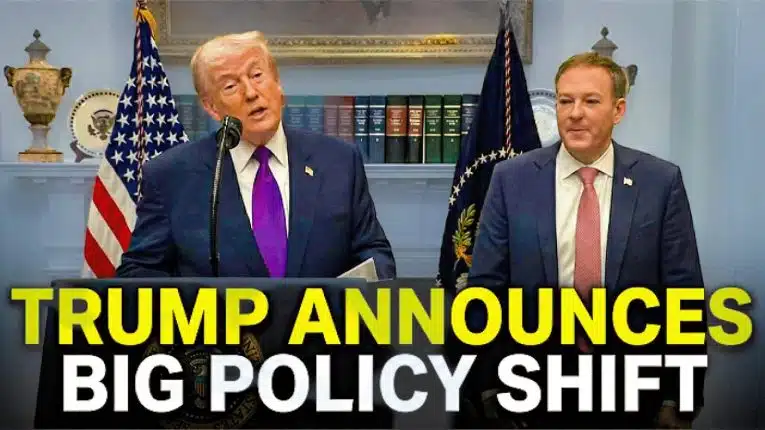By Rebekah Rast — It is difficult to call a fair game when teams are forced to play on an uneven playing field. One team will always be at a disadvantage.
Likewise, one country is not going to trade with another if they are forced to pay a higher cost or extra tax. And that is one reason why America struggles to be competitive in a global environment.
“America’s tax code hinders it from conducting business abroad and limits its competitiveness with other countries,” says Bill Wilson, president of Americans for Limited Government (ALG).
Just as important as a game being played on fair ground, when it comes to the trading of goods and services, there needs to be a level playing field.
“America is at a disadvantage with every country it imports and exports with,” says Bill Thomas, former Chairman of the House Ways and Means Committee, the tax writing committee of the House of Representatives. “We attach social welfare costs on every product we make.”
Meaning items sold by America and items that come into America are pinned with a higher tax.
Former Chairman Thomas explains it this way: If you have a German product being sold in another country, aside from America, it will carry the cost of the social welfare (costs that cover labor, education, etc.) for the country where that product is being sold. However, if you have that same American product being sold side by side the German product it carries double the social welfare cost, one from America for the production efforts and another from the country selling the product. Therefore the American product must be sold at a higher price, thus putting the country at a disadvantage for products it makes and then sells in other countries.
Beyond America’s double taxation of its goods and services, its corporate tax rate also leaves it uncompetitive with other countries.
“Japan lowering its corporate tax rate makes us the highest corporate tax rate in the world. That is not where we want to be,” says Johanna Schneider, executive director of external relations for the Business Roundtable.
Schneider goes on to say that of the 187 corporations at Business Roundtable, more than 95 percent of them conduct business overseas.
The high corporate tax rate she says, “denies the ability of U.S. organizations to take tax credits. This reduces the returns to the U.S.
“The goal of all policy makers is to make the U.S. competitive, yet one of the most uncompetitive laws is the corporate tax,” Schneider notes. “U.S. companies are penalized for bringing money back into the U.S.”
President Reagan was the last to lower the corporate tax rate in 1986. It is one tax law out of many that deserves to be revamped.
Rep. Kevin Brady (R-TX) serves as a ranking Member on the House Ways and Means Committee as well as Chairman on the Subcommittee on Trade. In an exclusive interview with ALG he stated that it needs to be a priority for Congress to lower the corporate tax rate.
“The corporate tax has to be a priority because now with Japan moving past us we are dead last with the highest tax rate in the world,” he says. “That’s a bad place to be. Companies today have choices and where they take their businesses and jobs may well be out of America unless we get our competitiveness act together.”
Brady went on to say that he hopes this new Congress can begin to tackle many aspects of the U.S. tax code that attribute to the country’s lack of competitiveness in trade negotiations and deals with other countries.
“Unfortunately we don’t have agreements with China, Europe, and other parts of the world, but other countries are reaching those agreements, shutting us out and putting us at a disadvantage,” Rep. Brady says. “The more agreements that give us two-way trade, a level playing field, the better it is for us.”
Bill Wilson, president of ALG, echoes Rep. Brady’s statement and adds, “Until America adjusts its tax system trade agreements won’t come easy.”
Of course America still faces other hurdles before it can really reach a fair level of competitiveness with other countries. The nation’s labor laws and current levels of goods and services produced in house also affect its global standing.
But by revamping the tax code while simultaneously opening up its borders to new trade opportunities will send a clear message to the world that the United States is ready to compete and level the playing field.
Rebekah Rast is a contributing editor at Americans for Limited Government (ALG) News Bureau. You can follow her on Twitter at @RebekahRast.






